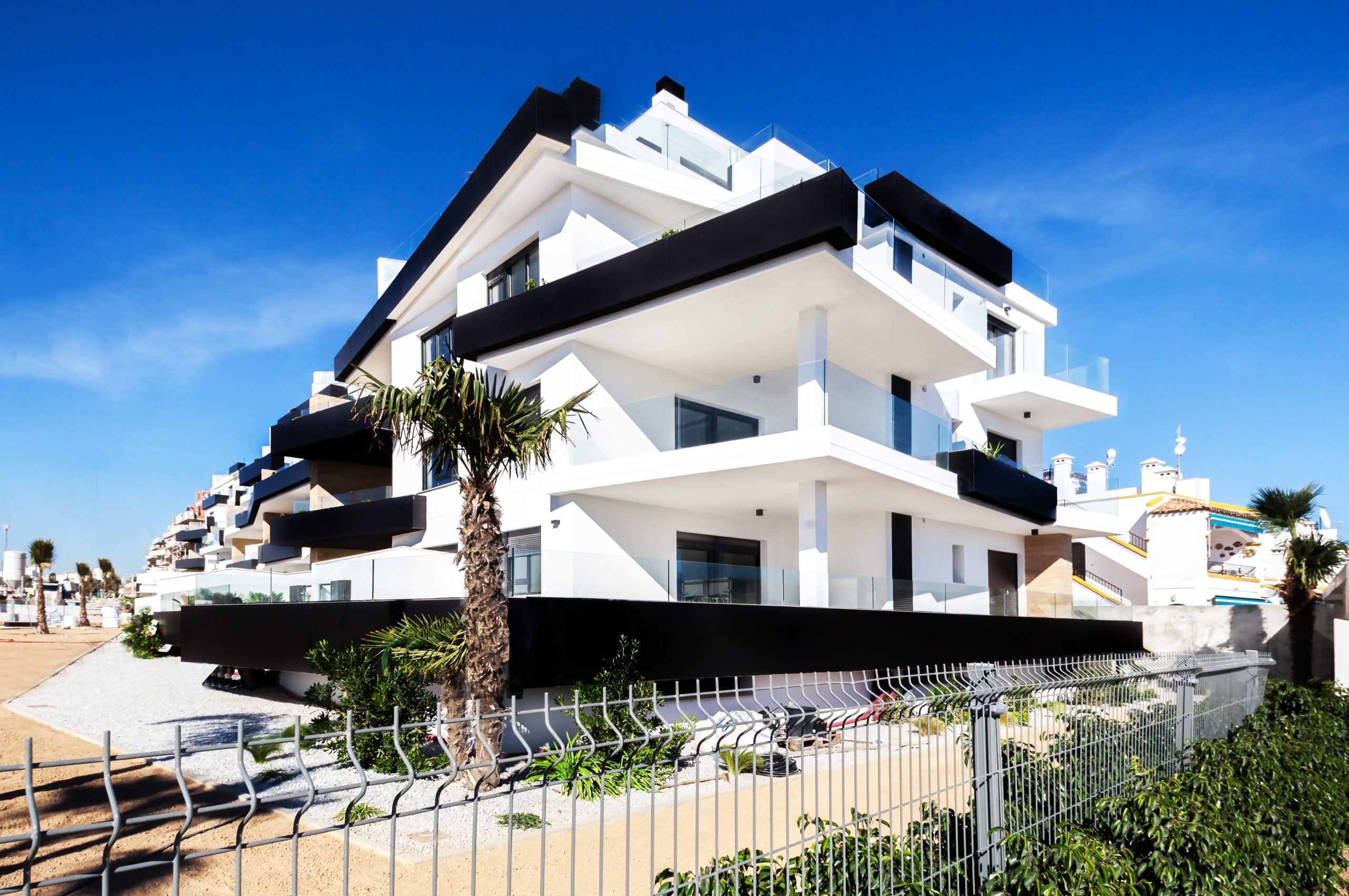Are you tired of hearing the same old adage that “buying a home is always better than renting”? It’s time to face reality and dive deep into the true cost of homeownership. From maintenance fees to property taxes, there are countless expenses associated with owning a home that many don’t consider when making their decision. In this blog post, we’ll take an honest look at the real cost of homeownership versus renting and help you make an informed decision about which option is right for you. Buckle up – it’s going to be a wild ride!
The benefits of owning a home
There are many benefits to owning your own home. Building equity in a property is one of the biggest advantages to homeownership. As you make mortgage payments and your home value goes up, you are building equity that can be used as collateral for future loans or cashed out if you sell the property. Homeowners also have more control over their living situation than renters. You can make improvements to the property and customize it to your liking without having to get permission from a landlord. And, if you have a yard, you can plant a garden, build a deck or patio, and host outdoor gatherings without worrying about disturbing your neighbors. Lastly, when you own your own home, you’re not at the mercy of a landlord who could raise your rent or sell the property, forcing you to move.
The drawbacks of owning a home
The drawbacks of owning a home can include the following:
-You are responsible for all repairs and maintenance on the property
-You are responsible for paying property taxes
-Your mortgage payment may be higher than your current rent payment
-If you need to move, it can be difficult to sell your home
The benefits of renting a home
Renting a home has a lot of benefits that are often overlooked. For one, you don’t have to worry about maintenance or repairs – that’s the landlord’s responsibility. And if something does break, the landlord is usually quick to fix it.
Another benefit is that you have more flexibility when you rent. If you need to move for any reason, it’s much easier (and cheaper) to do so when you’re renting. You can also try out different neighborhoods without making a long-term commitment.
Renting can also be cheaper than owning in some cases. If you live in an area with high property taxes or homeowners insurance rates, renting may be the more affordable option.
Of course, there are some downsides to renting as well. You don’t build equity in a rental property, and you may have to deal with noisy neighbors or a less-than-perfect living situation. But overall, renting can be a great option for many people.
The drawbacks of renting a home
In addition to the monthly cost of rent, tenants also have to pay for utilities, renter’s insurance, and any repairs or maintenance that need to be completed on the property. If something breaks, it’s up to the tenant to fix it or pay for someone else to do so. And, if a landlord decides to sell the property or raise the rent, tenants have no say in the matter and may be forced to move.
Conclusion
In conclusion, it’s important to take a look at the real cost of homeownership when considering whether to buy or rent. While there are many advantages to buying a home, including building equity and taking advantage of tax benefits, there are also some serious drawbacks that need to be considered as well. Ultimately, the decision boils down to what best fits your individual needs and financial circumstances. Knowing all the facts can help you make an informed decision on which type of housing is right for you.



